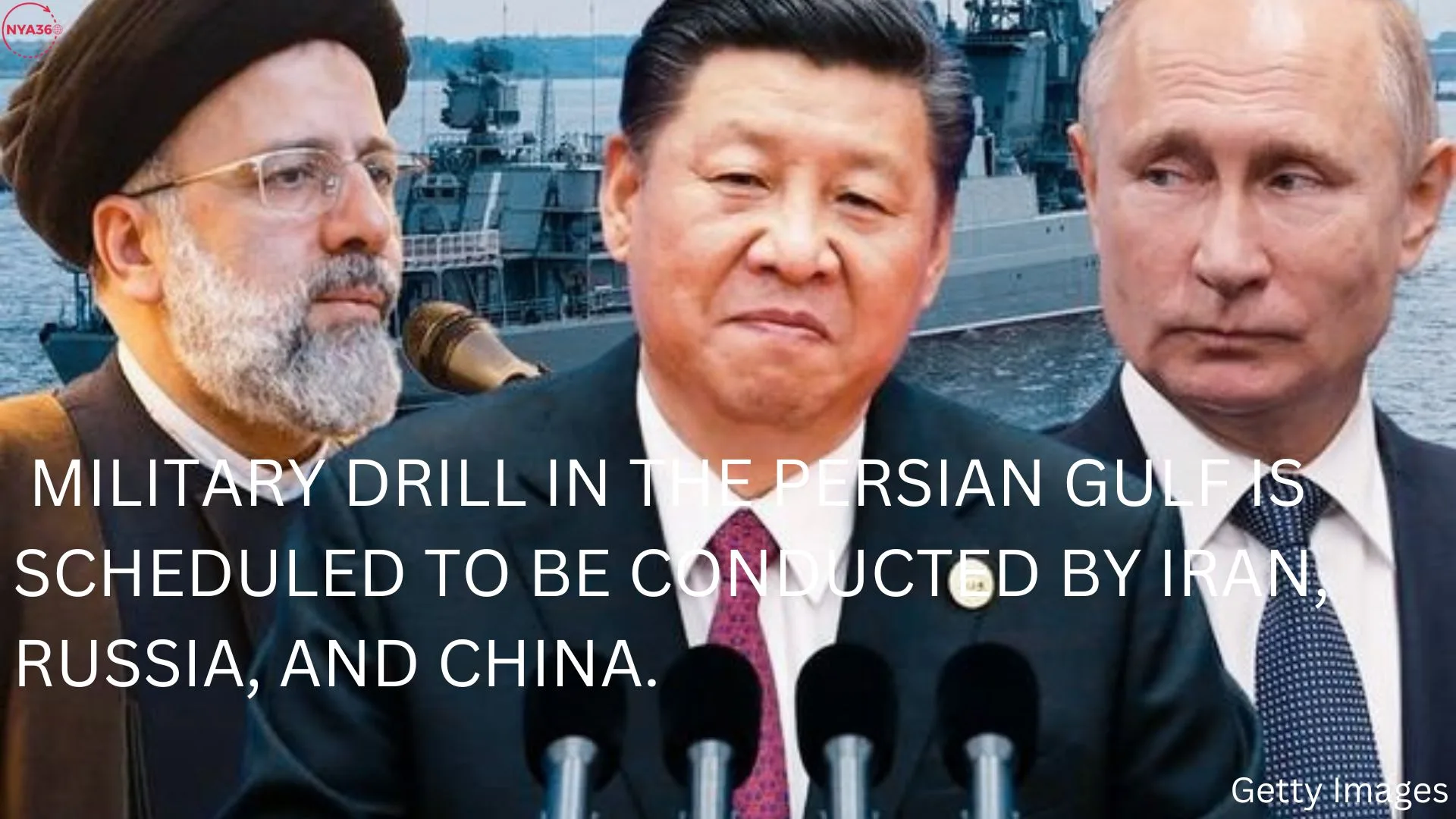The current geopolitical situation, characterized by the participation of Iran, Russia, China, and North Korea in a joint military exercise in the Persian Gulf, along with their increasing cooperation, reflects a notable transformation in global alliances and power dynamics.
The growing collaboration among Iran, Russia, and China in the domain of military affairs is exemplified by the potential occurrence of a collective military exercise in the Persian Gulf. These collaborative efforts have the potential to foster strategic partnerships that seek to augment their military capacities, hence exerting influence on regional dynamics and global power distributions.
The reference to a recently proposed anti-NATO coalition, commonly referred to as the “Warsaw Pact,” evokes previous alliances and underscores the possibility of a formidable coalition emerging among these nations. Nevertheless, it is important to exercise caution when drawing comparisons between the present situation and the previous Warsaw Pact, as the contemporary global landscape is characterized by distinct settings and geopolitical intricacies.
The probable inclusion of North Korea in this alliance, with China, Russia, and Iran, gives rise to fears and conjecture regarding the formation of a robust military bloc. The inclusion of North Korea introduces an additional level of intricacy due to its past aspirations for nuclear capabilities and strained diplomatic ties with many countries, thereby exacerbating both regional and global tensions.
The partnership between China and Russia in establishing a joint scientific center for the development of military technology, as highlighted in several reports, underscores the increasing convergence of interests and efforts between both prominent nations in enhancing their respective military capacities. These collaborations have the potential to lead to the advancement of state-of-the-art military technology, so potentially influencing the dynamics of the global technological competition in the field of weaponry.
The mutual confirmation of Iran’s acquisition of superior Su-35 jets from Russia and North Korea’s successful acquisition of their inaugural satellite with Russian aid exemplify the interconnected links and technological collaboration existing between both nations. These advancements serve to emphasize the changing dynamics inside the worldwide geopolitical sphere.
When examining the claim concerning the Biden administration’s contribution to the establishment of a multipolar global order within a limited period, it is crucial to acknowledge that geopolitical transformations typically arise from a complex interplay of various elements and long-standing historical patterns, rather than being solely attributable to the actions of a solitary administration or nation. The intricate processes of geopolitical shifts, alliances, and power reconfigurations are influenced by a multitude of global causes, historical legacies, and the interactions among several participants in the international arena.
In summary, the dynamic partnerships and progressions observed between Iran, Russia, China, and North Korea in the domains of military drills, technological advancements, and prospective alliances indicate a changing global environment that holds noteworthy consequences for geopolitics, regional equilibrium, and the distribution of power. The complex character of these advancements highlights the necessity for a comprehensive examination and evaluation of several elements that influence the evolving geopolitical structure.
Follow us on social media: Instagram, Threads & Twitter X 2nya360_ YouTube & Facebook @nya360.





